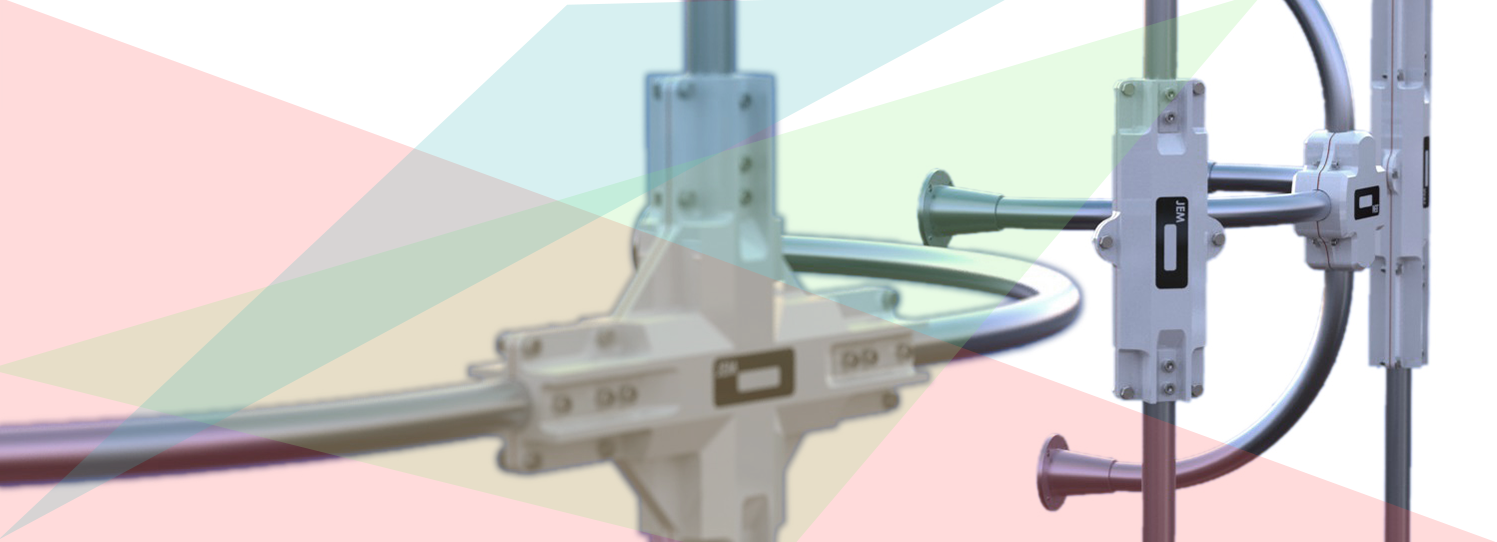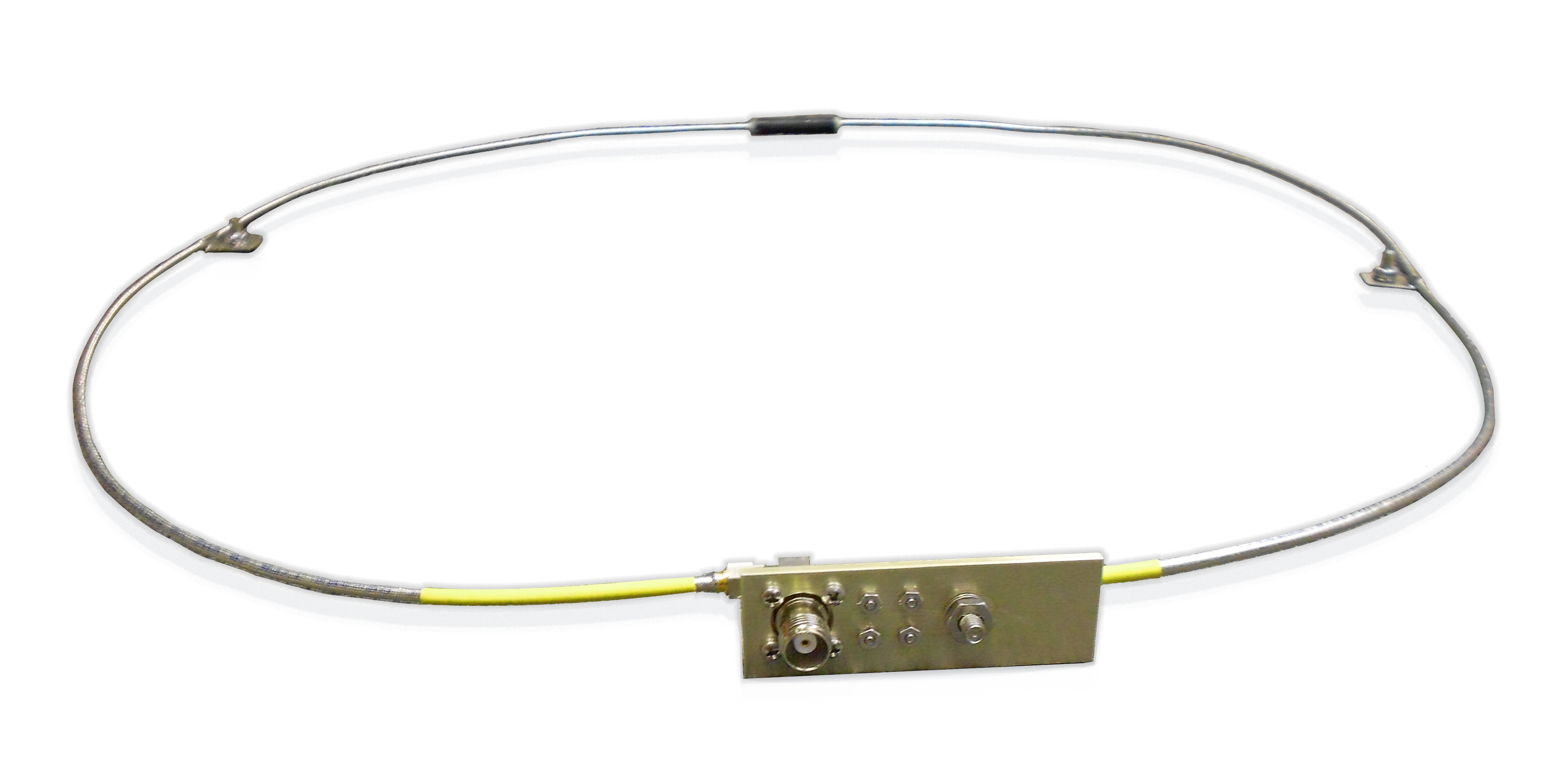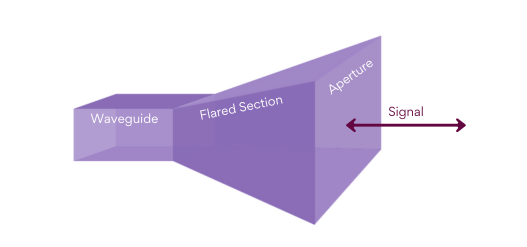Design Overview: Loop Antennas
April 2020
Loop antennas come in many forms, but their overarching distinction is that they are relatively simply constructed, yet very versatile.
Loop antennas are generally classified under two categories: electrically small and electrically large. If the loop’s overall length (circumference) is less than about one-tenth of a wavelength (C < λ/10), it is usually considered an electrically small antenna. On the other hand, an electrically large loop’s circumference is about a free-space wavelength (C ~ λ).
Electrically small antennas have proportionately small radiation resistances that are usually smaller than their loss resistances, rendering them ineffective for radio communication. They are better suited as probes for field measurements and as directional antennas for radiowave navigation.
Conversely, electrically large loop antennas are primarily used in directional arrays, including helical antennas, Yagi-Uda arrays, and quad arrays. These applications require the maximum radiation of the loop to be directed towards the axis of the loop to form an end-fire antenna. The proper phasing between turns enhances the overall directional properties.
A loop antenna could take virtually any shape, flexible or rigid. Due to its convenient geometrical arrangement the most popular configuration is the circular loop, particularly the small circular loop.
The loop’s mounting orientation will determine its radiation characteristics relative to its ground plane. placing multiple loops side by side on the same plane is one way to form an array.
Most applications of loops are within the high-frequency (HF), very high-frequency (VHF), and ultra-high-frequency (UHF) bands.

One of JEM Engineering’s Many Flexible Loop Antennas
Latest Posts

A Closer Look at Horn Antennas
In a previous post, we introduced the history behind the horn antenna. In this post, we talk more about the horn antenna’s design, as well as what makes it so versatile. Horn antennas are named for their horn-like shape and come in a variety of designs.

5 Ways Physical Objects Affect RF Transmissions
In this post, we elaborate further on how physical objects can affect radiofrequency signal transmissions.
